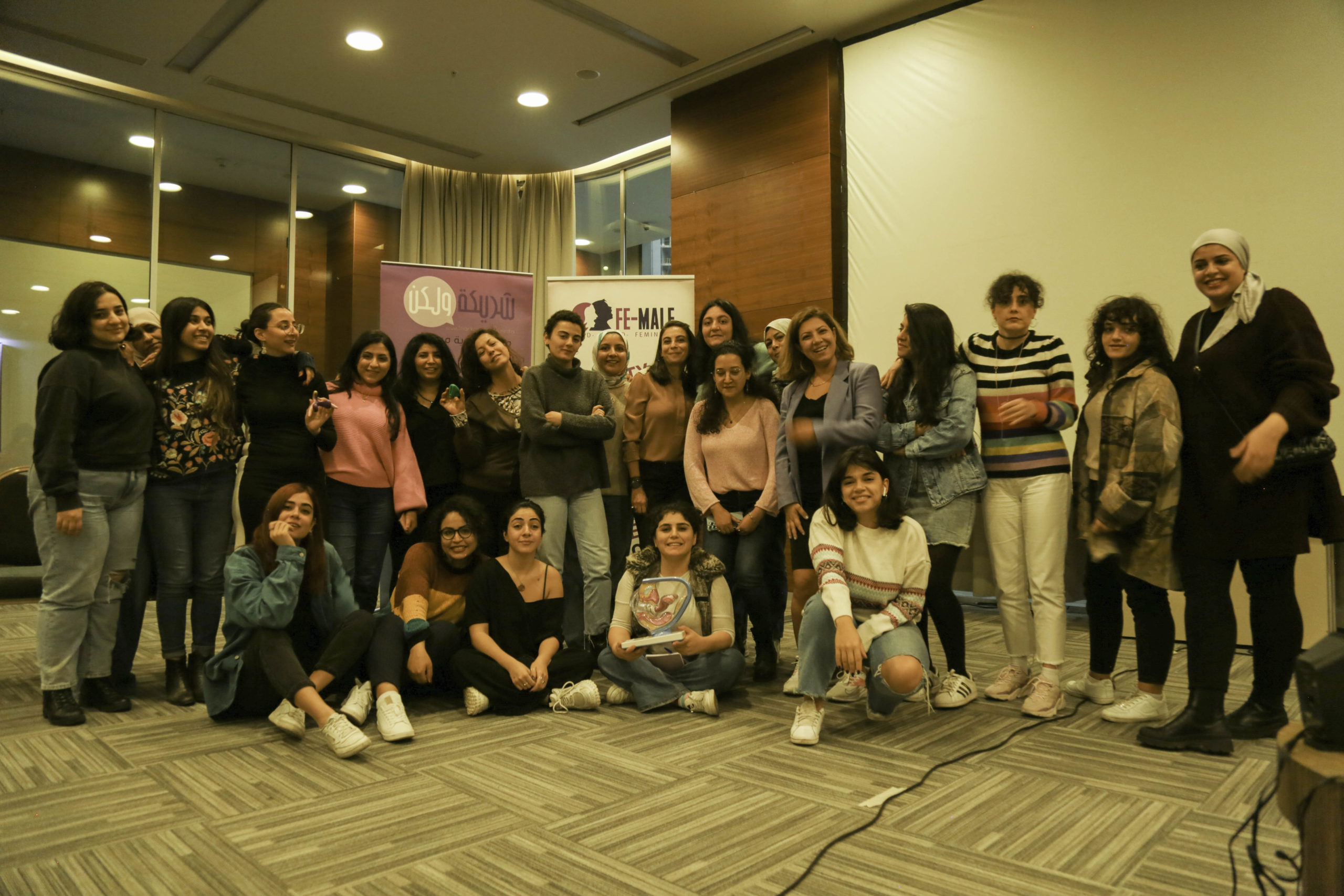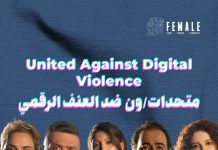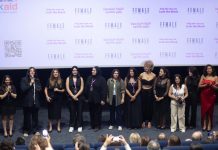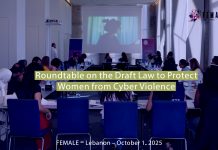“We are created in bodies that we are prevented from fully exploring and understanding all its organs and how they work because of many misconceptions, because of the belief that it is “that’s not OK” or “that’s shameful to talk about”. In turn, our children inherit these concepts from us. Most of us are raised on the idea that “your body does not belong to you entirely ” and “there is no need to know much about it.” Thus, in old age, the distorted relationship with our bodies becomes clear, or at least these parts which are “shameful to talk about.”
After years of this ban, at some point a push towards practicing sexuality in all its manifestations manifests through “Come on, when do you want to get married and when do you want to have children…”. Here the trauma occurs, the transition from a life completely devoid of any sexual content to a state in which sex becomes central. Although sex is necessary and pivotal in our lives even before that point, we do not dare to talk about it out loud.
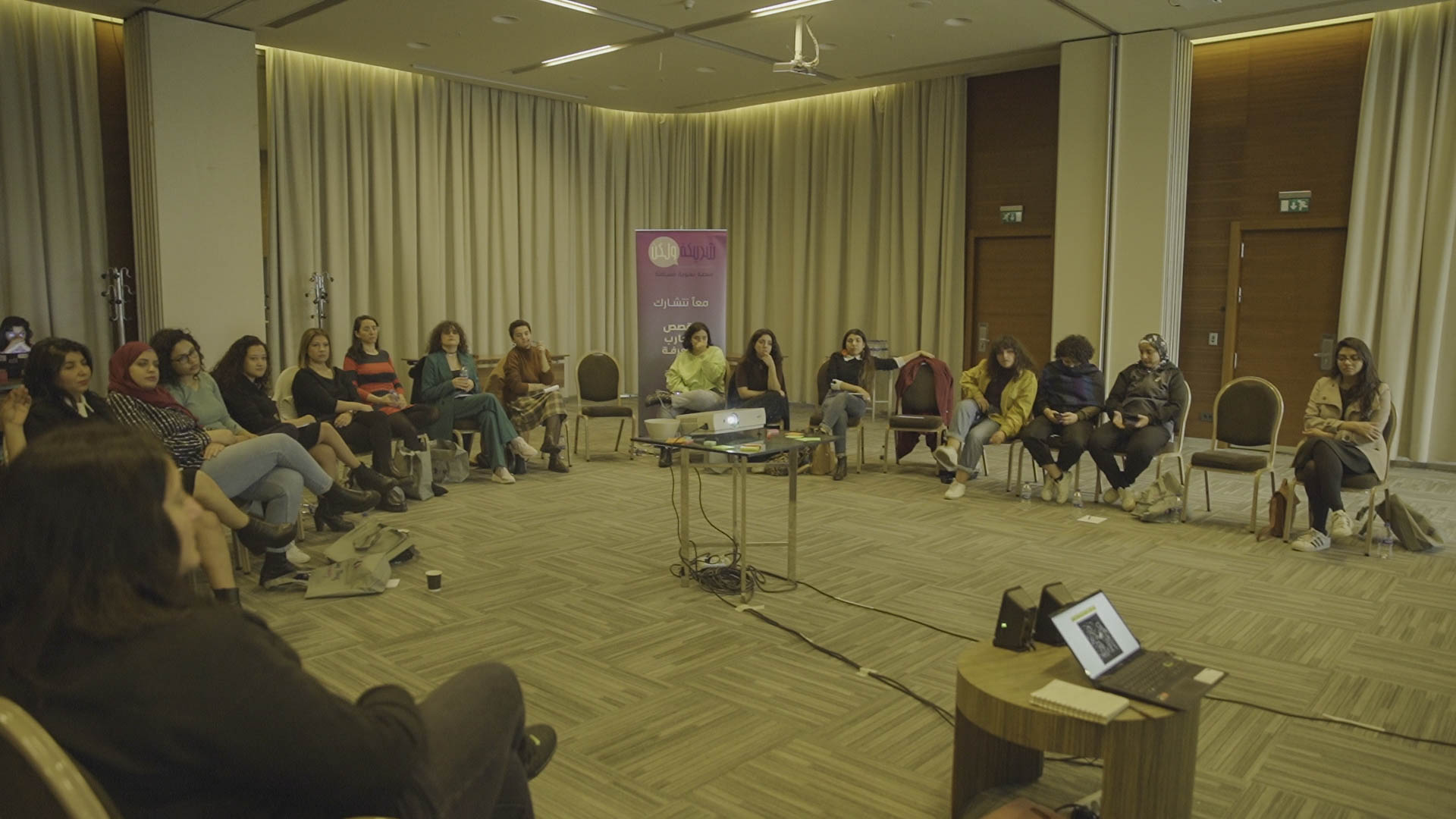 As if everyone, the society, the family and the systems we are a part of, have the right to control our bodies, except for us. Which is illogical, because I am the one who was created in this body, and I am the one who should have full control over it, and I am also the one who has the right to understand it and build a relationship with it so that if I decide later to build a physical relationship with another person, I’d have the ability to determine what suits me and what makes me feel comfortable and safe.
As if everyone, the society, the family and the systems we are a part of, have the right to control our bodies, except for us. Which is illogical, because I am the one who was created in this body, and I am the one who should have full control over it, and I am also the one who has the right to understand it and build a relationship with it so that if I decide later to build a physical relationship with another person, I’d have the ability to determine what suits me and what makes me feel comfortable and safe.
This is what we should be taught at a young age, an integrated sexual education, but if we are not able to do that except at an advanced stage in life, then there is nothing wrong with it. We can use this knowledge to break abusive patterns and raise new generations on this sound basis so that they have greater consistency with their bodies where they ensure their safety.”
This is what Christina Kaghdo, a sex education worker and podcast maker, told Raseef22, commenting on her participation in the ‘Regional Workshop on Sexuality and Sexual, Reproductive Health and Rights’ organized by the Lebanese feminist organization ‘Fe-Male’, in the context of a regional project to promote sexual and reproductive health in the region. It took place from the 8th to the 12th of December.
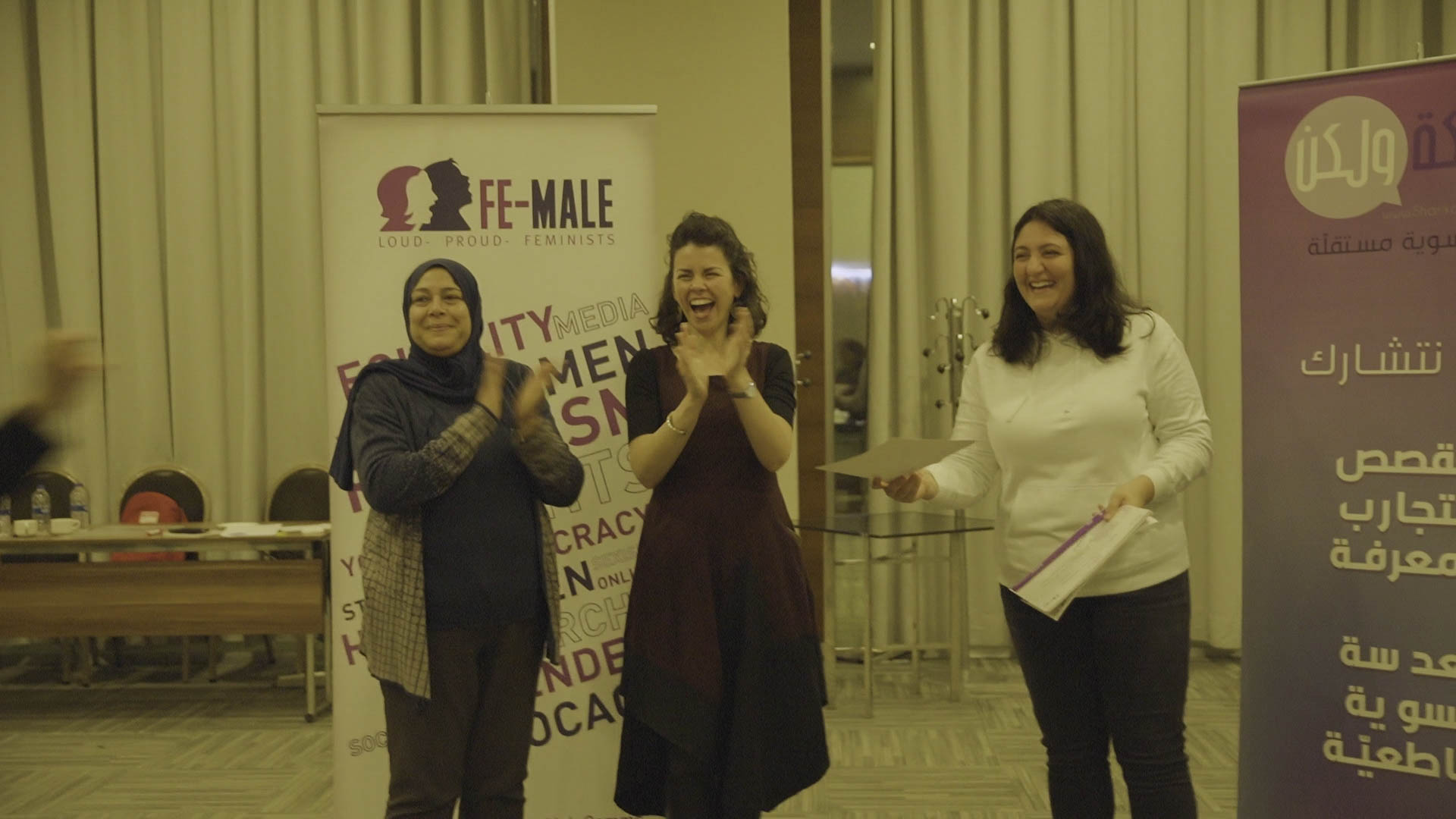 About the workshop
About the workshop
The workshop sessions discussed a range of basic topics related to sexual and reproductive health and the press coverage around it, and sought to understand the mysteries – that have long been hidden – about our understanding of our body and how to deal with it. Among the issues raised were: “Learning about sexual and reproductive health, the nature of sexuality and violence,” “pleasure and difficulties in sexual pleasure and gender identity,” and “safety, accessibility, and monitoring and critique of media coverage from a feminist perspective.”
Twenty-one journalists and artists in the field of cinema, theater and digital media participated in the workshop from six Arab countries: Egypt, Tunisia, Palestine, Lebanon, Iraq and Jordan, according to what Sarah Al-Khansa, support and administrative officer at Fe-Male, told Raseef22.
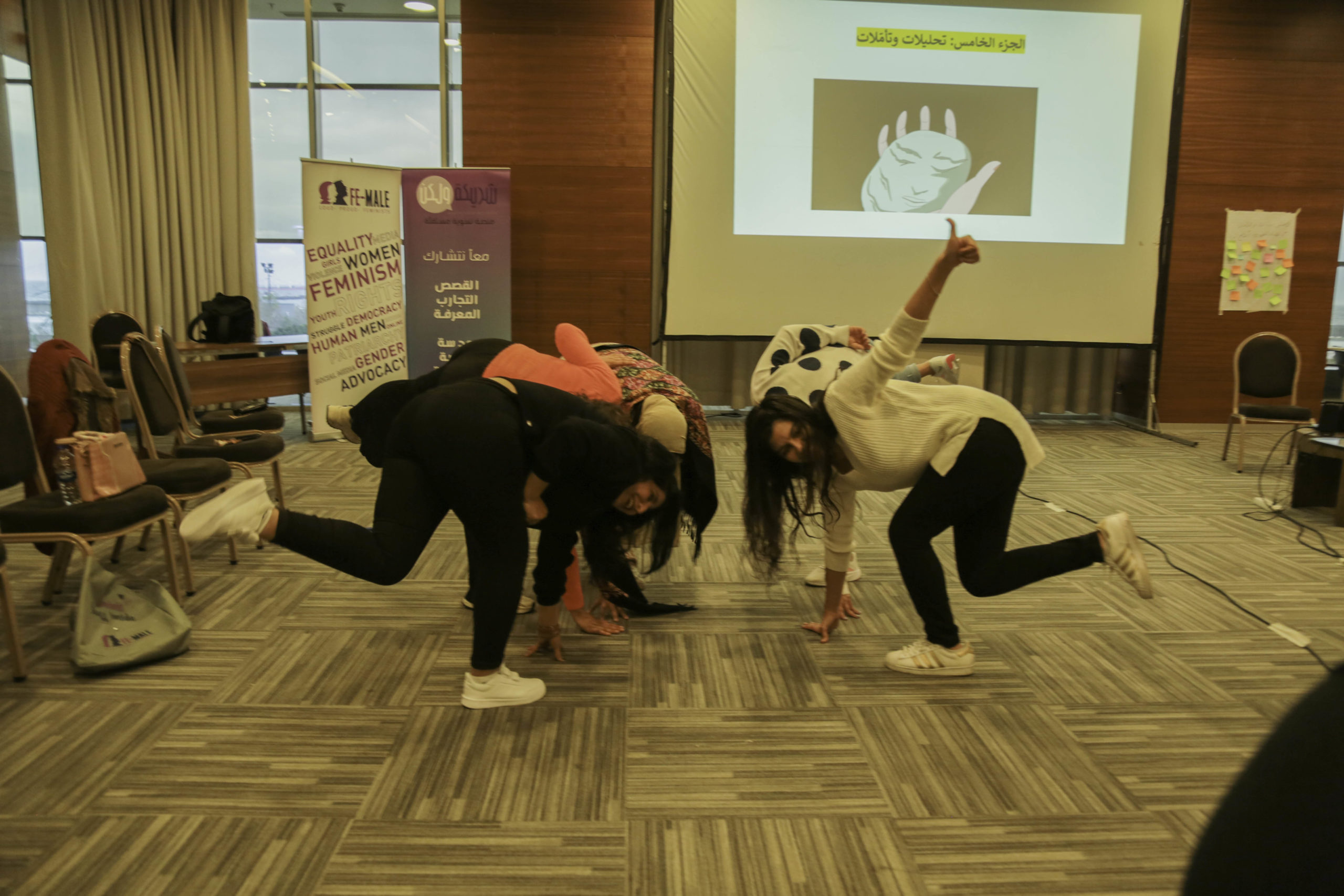 Al-Khansa points out that the workshop was intended to include, in addition to the geographical diversity in the vicinity of Arab countries, a number of transgender women from Egypt and Tunisia in particular, but that they were not allowed to travel by the competent authorities in their countries.
Al-Khansa points out that the workshop was intended to include, in addition to the geographical diversity in the vicinity of Arab countries, a number of transgender women from Egypt and Tunisia in particular, but that they were not allowed to travel by the competent authorities in their countries.
Regarding the purpose of the workshop, Hayat Mirshad, Executive Director of the Fe-Male and Editor-in-Chief of the “Sharika Wa Laken” website, tells Raseef22: “We wanted to provide the opportunity for participants from different Arab countries to meet and exchange discussions on common frameworks and ideas related to developing gender-sensitive content, particularly ones related to gender issues and sexual and reproductive health issues, in addition to increasing their level of knowledge and awareness of these issues, so that if they participate in covering them, this coverage will be positive and serve these issues.”
Mirshad stresses that the workshop is “a continuation of the work of “Fe-Male” and ‘Sharika Wa Laken’ in the field of empowering feminist journalism and building a wide network of women journalists across the Arab region interested in covering issues from a gender-sensitive feminist angle,” adding that working with this group of female journalists, “will continue in the future to give them opportunities to produce materials and contents related to the topic of the workshop and to provide any required support, whether it is technical or knowledge support.”
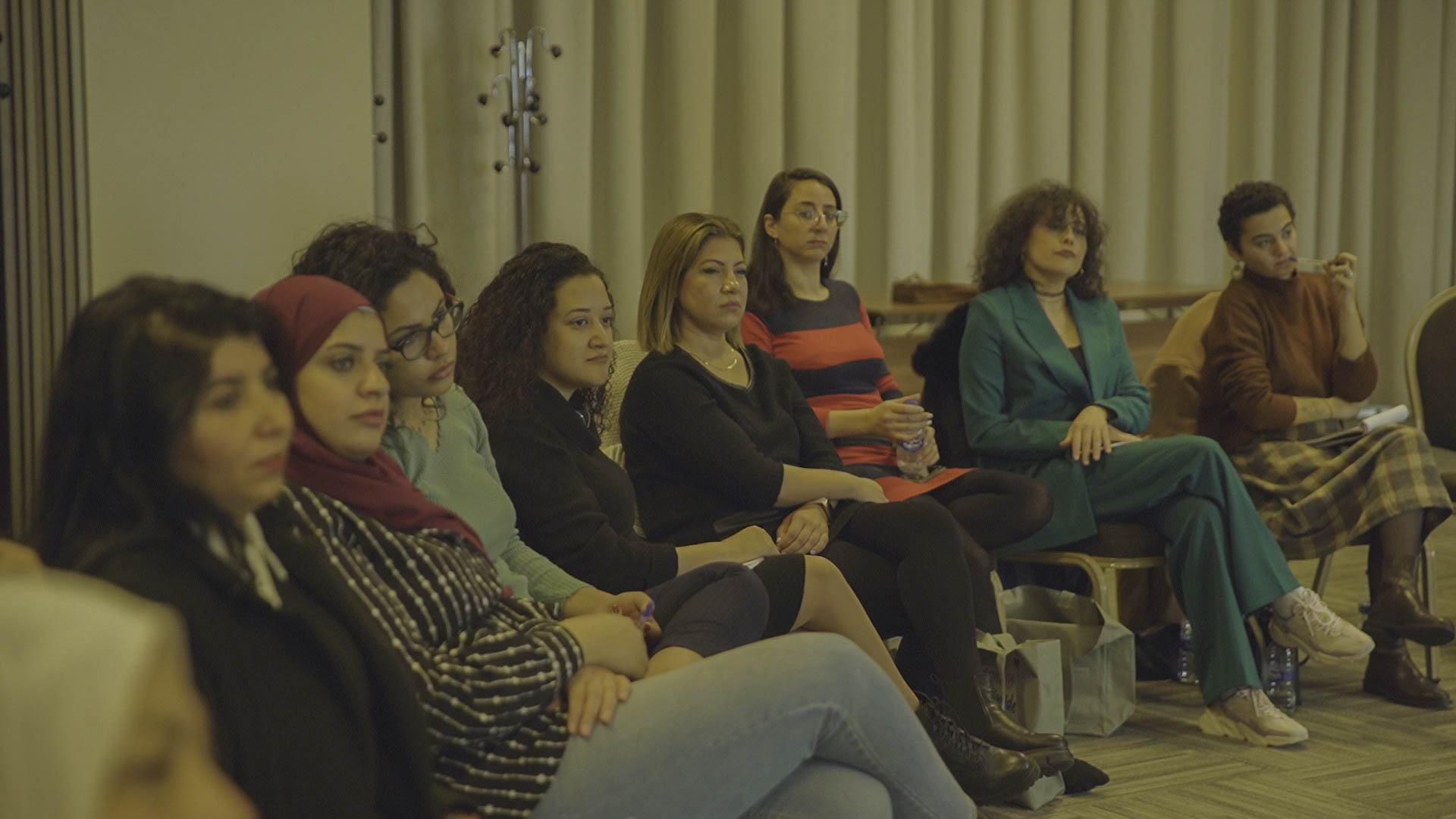 Mirshad points out that the need to learn more about the terminology related to sexual and reproductive health matters, which should be used and which should be corrected, was one of the most important goals of the workshop as well.
Mirshad points out that the need to learn more about the terminology related to sexual and reproductive health matters, which should be used and which should be corrected, was one of the most important goals of the workshop as well.
The Lebanese feminist activist considers that the workshop “achieved its objectives as desired” given the “great interaction between the participants” and “the interest in the topic of the workshop and the consensus that the contents presented constituted an addition to the participants’ knowledge” and “encouraging them to write about these topics and open broader horizons for them to address them” from a different perspective and new angles.
“A Space for a Safe Participatory Feminist Revelation”
Christina Keghdou points out that such a workshop is important for all people of all personal and professional paths, because sexuality and the body are central to every person’s life, and because of the many misconceptions related to them that greatly affect the quality of an individual’s life socially and professionally.
During the workshop, Keghdou made sure to stress over and over again on the importance of building a healthy relationship with our bodies, exploring them early and naming each organ after itself, including the vulva and penis, the female and male reproductive organs. “From the moment a child is able to control his body, we notice that he is trying to put everything around him in his mouth. The reason is that he wanted to explore this thing. The body is our first medium for understanding, interacting with and perceiving the world around us,” she explains.
Meanwhile, Dr. Hadeel Al-Qazzaz, gender advisor at Oxfam International for the Middle East and North Africa and one of the designers of a regional project to promote sexual and reproductive health and rights, says that the workshop strongly serves the overall goal of the project, which is to attract young men and women to talk about their issues, and to make change.
She explains that the regional project aims to educate young men and women about their sexual and reproductive health so that they can demand their sexual and reproductive rights and be change makers and decision makers regarding access to sexual and reproductive health services.
Among the most prominent things that Al-Qazzaz drew attention to in the workshop, “we found similarities, beyond what we expect, in the experiences of women and what is happening in different countries in terms of the degree of awareness of women and the issues that concern them, and the dark spots that they have no knowledge of and have a thirst for awareness about, and thus it became a process of networking and participation among the participants from different Arab countries.”
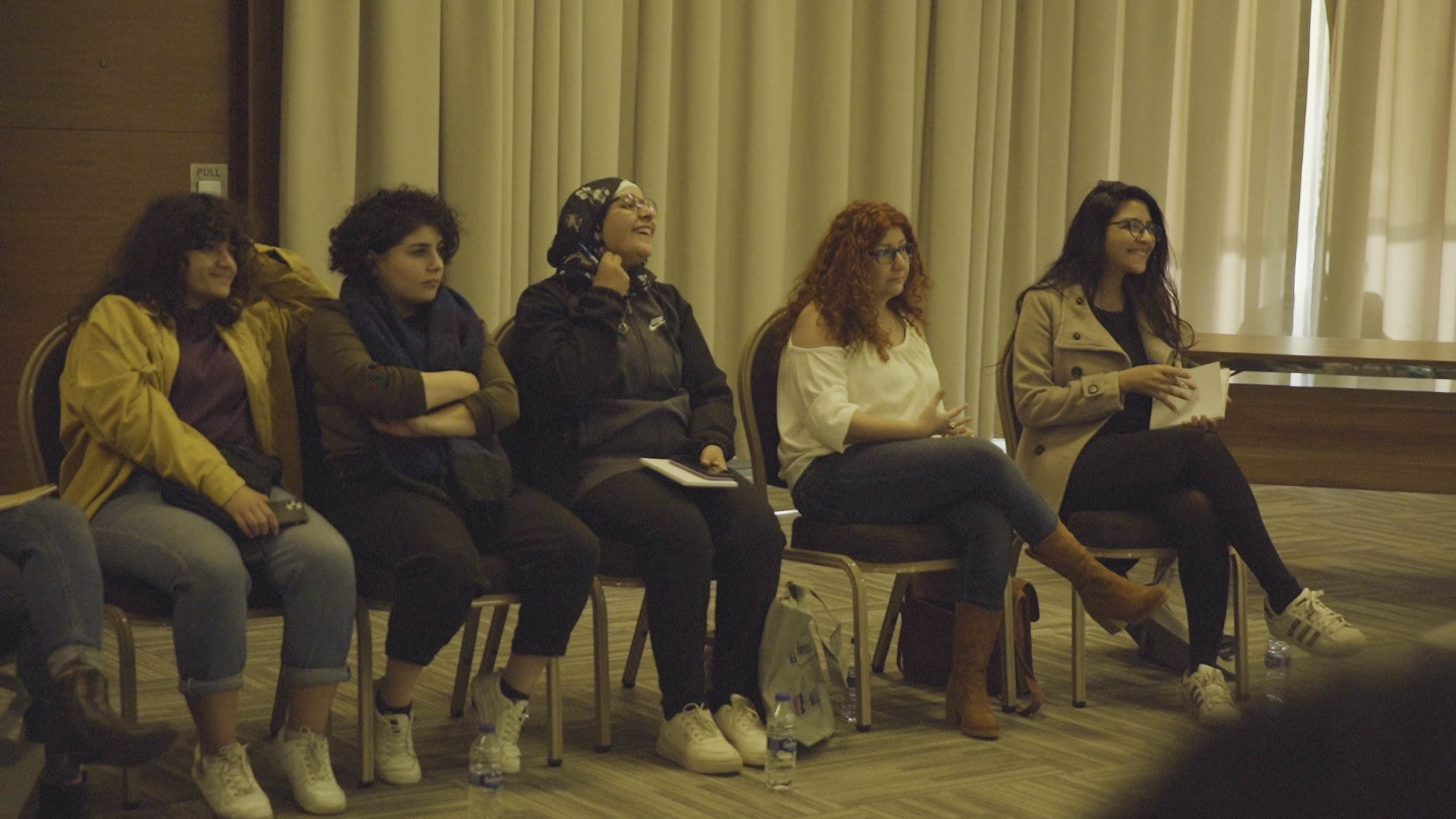 She adds: “The workshop formed a safe, participatory feminist space enriched with knowledge, and there was an immediate sense of familiarity and security among the participants to discuss and ask questions about information that I believe was not completely sufficient and needs follow-up and more training, yet it opens new horizons and changes concepts, stereotypes and myths” on sexual and reproductive health.
She adds: “The workshop formed a safe, participatory feminist space enriched with knowledge, and there was an immediate sense of familiarity and security among the participants to discuss and ask questions about information that I believe was not completely sufficient and needs follow-up and more training, yet it opens new horizons and changes concepts, stereotypes and myths” on sexual and reproductive health.
And she added, “The hope now is that the participants in the workshop will return to their countries and create feminist content through which they will contribute to spreading the knowledge they gained in the workshop.”
Al-Qazzaz reaffirms that we need “multiple and diverse spaces that spark knowledge-laden discussions about sexual and reproductive health issues in the Arab region.”
Media and sexual health issues
In her turn, Dr. Sandrine Atallah, an expert in sexual medicine and psycho sexologist, and one of the trainers in the workshop, confirms that the workshop was important and useful, as its importance stems from the importance of sexual education to provide protection, especially protecting people who do not have the means and ability to express sexual violence.
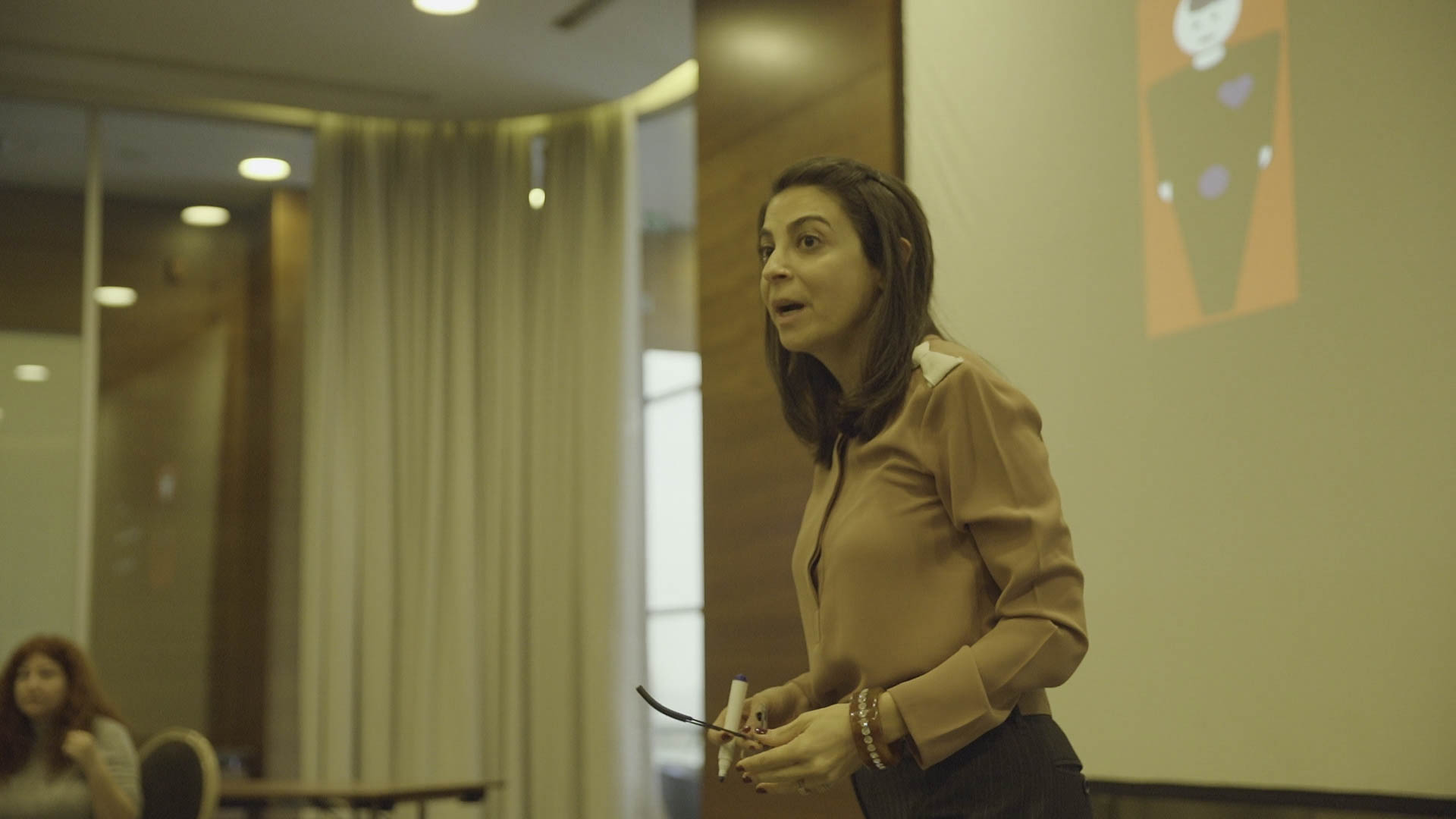 She believes that such training is necessary for all journalists, male and female, who are exposed to dealing with victims of violence and sexual assaults, and the survivors, in order to avoid causing harm to them.
She believes that such training is necessary for all journalists, male and female, who are exposed to dealing with victims of violence and sexual assaults, and the survivors, in order to avoid causing harm to them.
She explains: “There are many mistakes that occur when a journalist deals with someone who has been subjected to sexual assault, especially if their information is not correct in this context. Their questions may be tantamount to another assault on the victim/survivor. They may also spread misconceptions and stereotypes to the public. Correct information and knowledge help the journalist” properly deal with the victim/survivor.
Dr. Sandrine adds that coverage of sexual and reproductive health issues requires several basic factors for its development, in addition to knowledge, the most important of which is: distancing from issuing judgments by journalists and experts alike.
While she acknowledges the existence of many journalistic platforms that provide simplified and responsible knowledge on sexual and reproductive health issues, she singled out Raseef22, Sharika Wa Laken, and Vice Arabia. And she continues, “There is a voice that may not reach everyone. Therefore, we need more platforms that spread geographically in all Arab countries to deliver sufficient awareness of this important issue.”
The annoying thing for Dr. Sandrine is the continued use of “old and wrong terminology” in media coverage of sexual health issues, such as: “hymen” “غشاء البكارة” instead of vaginal opening “إكليل المهبل”, “masturbation” “العادة السرية” not self-pleasure “الإمتاع الذاتي”, in addition to the use of completely wrong and negative expressions such as “orgasm” and ” frigidity/impotence”. “Using such expressions suggests to the reader that they are real. Therefore, they should not be used,” she stresses.
As for why she has hope, from her point of view, in this particular workshop is because “there is much more preliminary information among the participating female journalists than there was several years ago. There is a thirst for knowledge, and the audacity to ask questions, and they have no prejudices.”
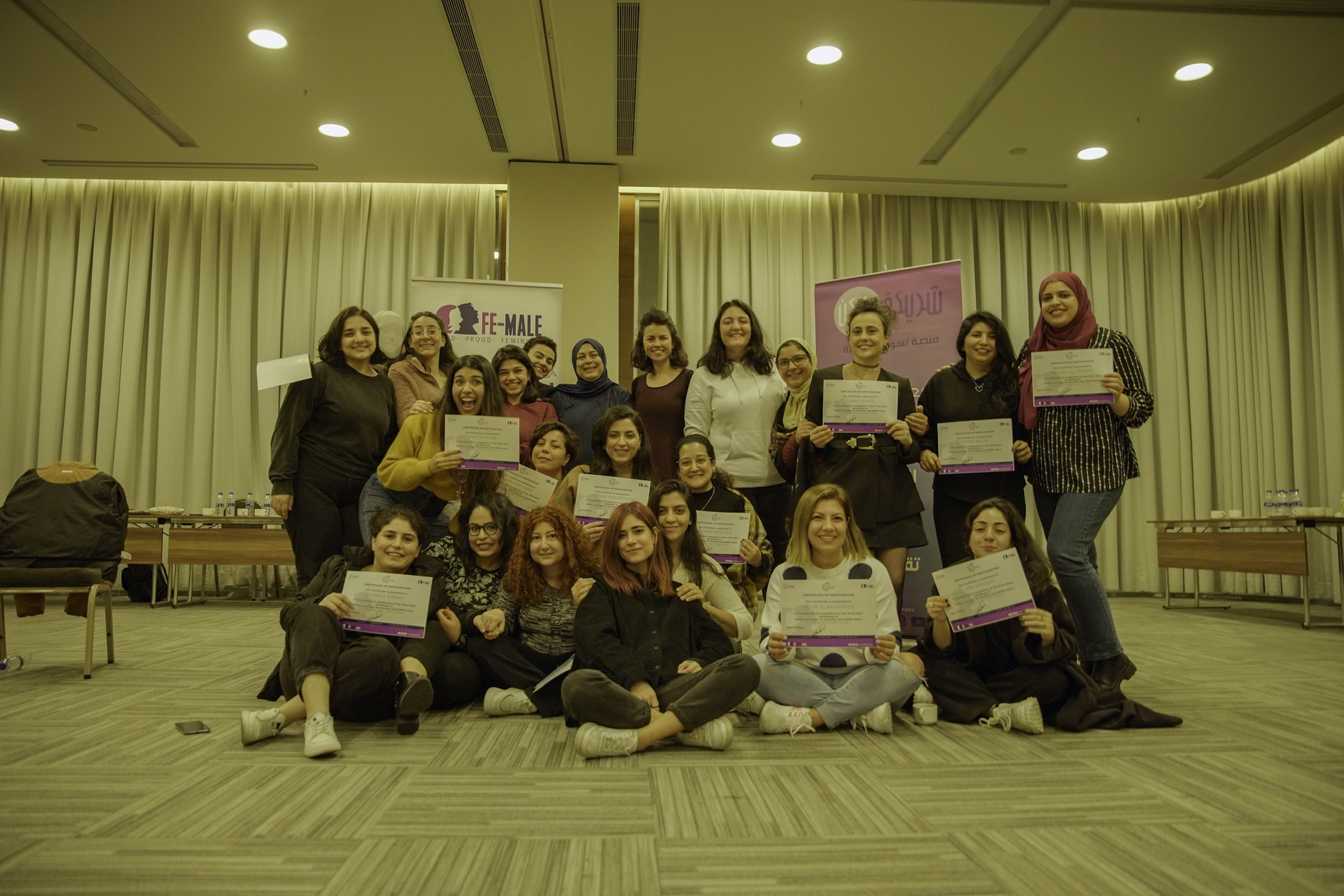 Christina Keghdou concludes: “It is very important for women to exchange discussions on such vital issues so that they realize “I am not alone” and that their stories intersect with many of their different economic, social, cognitive, political, religious and other backgrounds, and that the things they consider to be individual are basically collective.”
Christina Keghdou concludes: “It is very important for women to exchange discussions on such vital issues so that they realize “I am not alone” and that their stories intersect with many of their different economic, social, cognitive, political, religious and other backgrounds, and that the things they consider to be individual are basically collective.”


